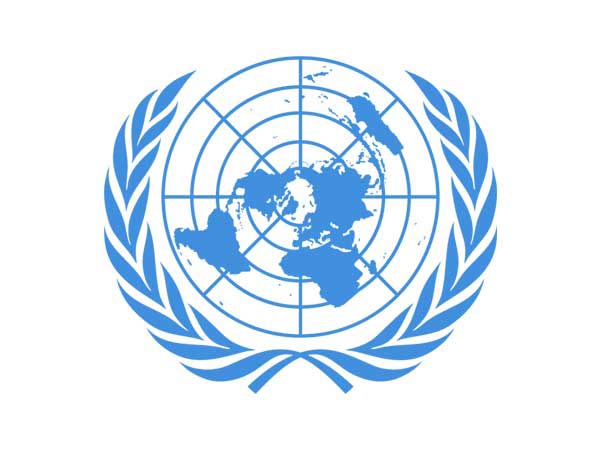
Yemeni humanitarian crisis deepens with continued fighting -- UN official
Oct 15, 2021
United Nations, October 15: The humanitarian crisis in Yemen continues to deepen as more than 20 million people, or two-thirds of the population, need assistance, said Ramesh Rajasingham, UN assistant secretary-general for humanitarian affairs, on Thursday.
The most immediate cause of the worsening humanitarian situation is the ongoing war. In recent weeks, conflict has intensified. Yet a cease-fire -- and all the benefits this would bring -- remains elusive, he told the Security Council in a briefing.
In parallel, Yemen's economy is collapsing, leaving millions destitute. This collapse is a direct result of the war and, more indirectly, a result of the perverse incentives the war has created, he said.
Hemmed in by violence and with fewer chances to take care of themselves, millions of Yemenis are looking to humanitarian organizations for help. But aid work is about to get much harder in Yemen, mostly because agencies are, once again, starting to run out of money, he said.
Yemen is growing more violent -- not less, said Rajasingham.
Over the last few weeks, Houthi forces have intensified their brutal offensive in Marib, taking more territory there and in neighboring parts of Shabwah governorate.
In Aden, clashes also erupted earlier this month between rival armed groups, leading to several days of violence that shut down parts of the city and raise grave concerns for the future.
Fighting, shelling and airstrikes have also continued in Saada, Hajjah, Hodeidah governorates, and along nearly 50 other front lines. The impact on civilians is grim. Hostilities in September killed or injured 235 civilians across the country, he said.
The fighting in Marib is taking a particularly heavy civilian toll. Last month, almost 10,000 people were displaced in Marib -- the single highest figure so far this year. Since late September, Houthi forces have encircled Al Abdiyah district in Marib, which is home to nearly 35,000 civilians, many of whom previously fled there to escape fighting in other areas, he said.
While conflict and instability are endangering civilians' lives, livelihoods are also under attack, said Rajasingham.
Because nearly everything must be imported in Yemen, people and businesses are extremely vulnerable to changes in global prices and, especially, exchange rates and import taxes. The Yemeni rial is now trading around 1,270 to the U.S. dollar in Aden. That is nearly six times higher than before the war, he said.
At the same time, fewer essential goods are reaching key ports in the first place. In Hodeidah and Saleef, commercial food imports in September were 8 percent below last year's average. Fuel imports were an alarming 64 percent lower, he noted.
There are several immediate steps that could stem Yemen's economic collapse and so help reduce the pressure on the people of Yemen and the aid agencies trying to help them.
Foreign exchange injections through Yemen's Central Bank would quickly bring down prices, just as they did in the past. The government is ready to work with everyone to devise an effective program for this, said Rajasingham.
It is also time to loosen constraints on economic life. That means ensuring all Yemen's ports are fully open, including lifting import restrictions on Hodeidah and Saleef. It also means paying civil servant salaries. And it means taking steps to remove other barriers to business, he said.
There are workable proposals on the table to achieve all of this. The impact would be both quick and transformative. The United Nations is eager to help, he said.
Aid agencies are now helping nearly 13 million people across the country. That's about 3 million more people than just a few months before. This expansion has considerably pushed back the immediate risk of large-scale famine, he said.
That is a major success and a direct result of more donor funds coming in over the last few months. This generosity is making an enormous difference. But this success may prove short-lived, as aid agencies do not have enough money to keep going at the scale required. In the coming weeks and months, up to 4 million people could see their food aid reduced. By the end of the year, that number could rise to 5 million people, he warned.
Funding for water delivery and hospitals will also run out by the end of November. Water, sanitation and hygiene programs have only received 12 percent of the funds they need this year; health programs have received just 15 percent. Similar gaps persist in shelter and other sectors.
"We are calling on everyone to do everything possible to sustain the momentum we've built over the last several months and keep famine at bay. That means increasing support for all humanitarian sectors in Yemen right away and, crucially, working hard to ensure the level of support does not drop next year," said Rajasingham.
More than everything else, Yemen needs a political solution to end the war. A nationwide cease-fire, with no pre-conditions, would be an excellent place to start, he said.
Source: Xinhua









